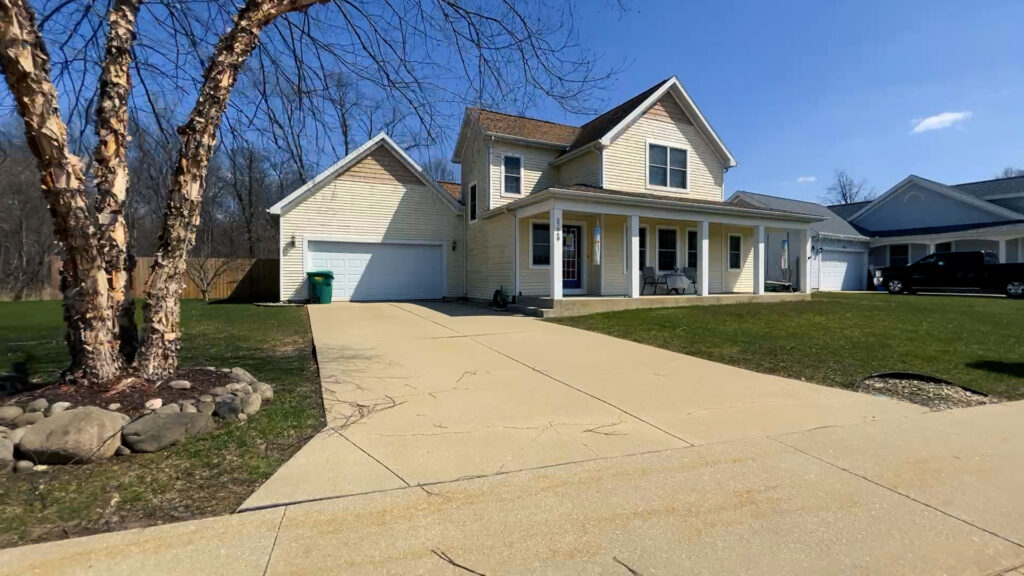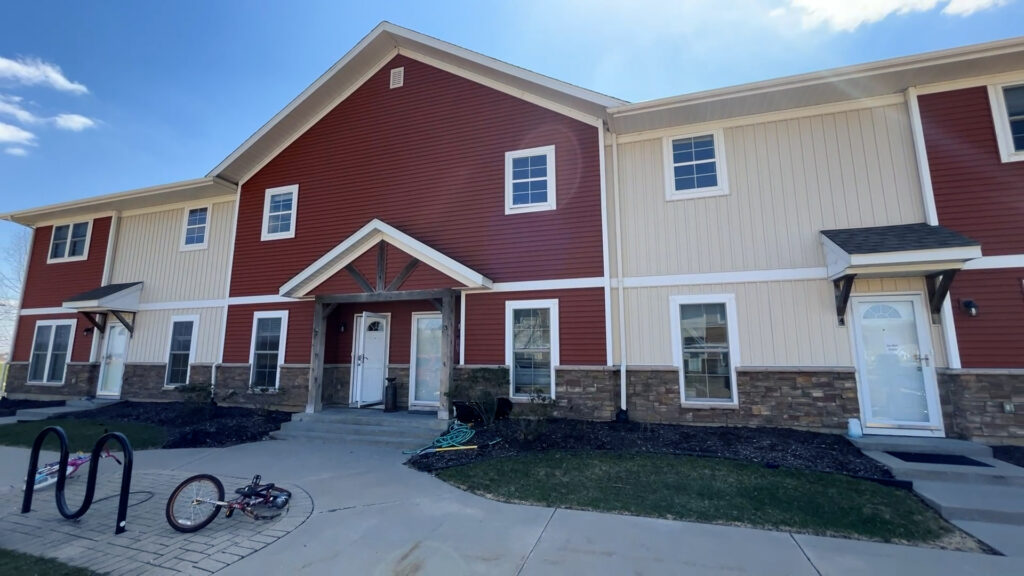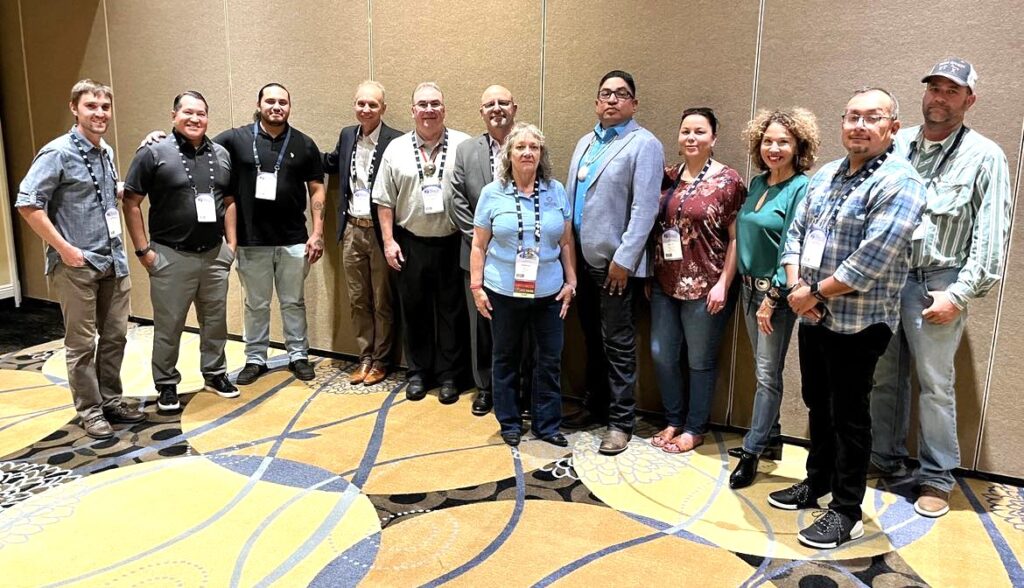
How Tribal Nations Are Leading the Way on Building Code Adoption
Tribal nations, like other jurisdictions around the country, view building codes as vital means to protect the health and safety of their community as well as promote economic investment and development in their community.
The inherent sovereignty of tribal nations pre-dates the sovereignty of the colonies and the United States. The long line of U.S. Supreme Court cases continuing to this day echoes the words of Chief Justice John Marshall in Cherokee Nation v. Georgia, 30 U.S. 1, 16 (1831) and Worcester v. Georgia, 31 U.S. 515, 559 (1832) stating that tribal nations have always been considered as distinct, independent political communities retaining their original natural rights and that the very term “nation,” so generally applied to them, means “a people distinct from others”.
As sovereign entities, tribal nations have the power and right to determine their form of government, define citizenship, make and enforce laws through their own police force and courts, collect taxes and regulate property use, among other inherent powers.
One of the greatest exercises of sovereignty is the enactment and administration of laws. For tribal nations this includes the adoption of tribal building codes.
The Important Role of Tribal Building Codes
Tribal nations, like other jurisdictions around the country, view building codes as vital means to protect the health and safety of their community as well as promote economic investment and development in their community.
“Adopting building codes is not just about safety and resilience; it’s an affirmation of our sovereignty,” commented Matthew Wesaw, Tribal Council Chairman. “Building codes are a testament to our self-determination and our commitment to the well-being of our people.”
There is currently no complete database of which tribes have adopted building codes, but tribal nations are like other jurisdictions in the U.S. – some have their own home-grown codes, some are based on various editions of model codes and some choose to mirror the model codes adopted by their respective state in which they are located.

Tribal Sovereignty Over Building Code Adoption
Tribal sovereignty allows tribal nations to be at the forefront of building codes adoption. A great example of this is the Pokagon Band of Potawatomi.
The Pokagon Band of Potawatomi have trust lands in four countries of southern Michigan and six counties of northern Indiana, including substantial and on-going residential and commercial development. The Pokagon Band of Potawatomi, like other tribal nations, has exclusive jurisdiction over their trust lands and development on these lands is not subject to state and local jurisdiction, including state or local building codes.
While tribal sovereignty of the Pokagon Band of Potawatomi would empower it to mirror and adopt the Michigan and Indiana state building codes, the Pokagon Band of Potawatomi instead adopted their own building codes that are more advanced and modernized than either the Michigan or Indiana state codes.

Beyond the Michigan Building Code and Indiana State Code
The Pokagon Band of Potawatomi, including their building official, tribal member and International Code Council member and certified inspector Mr. Anthony Foerster, wanted their codes to go beyond the Michigan Building Code based on the 2015 International Building Code® (IBC) and the Indiana State Code based on the 2012 IBC.
In July of 2023, the Pokagon Band of Potawatomi adopted a new Health and Safety Act which included newly adopted building codes in section 2.01.
The Pokagon Band of Potawatomi Building Codes are based on the 2021 IBC and other 2021 International Codes® (I-Codes) as well as the respective 2021-2023 National Fire Protection Association (NFPA) Codes.
With expanding construction and major renovation projects, the Pokagon Band of Potawatomi sought to adopt codes that would provide their tribal citizens, businesses and visitors with the most advanced health and safety code provisions as well as the most advanced code provisions that would promote economic investment and development.
It was more than a desire to not have to adopt two state codes (and two different I-Code editions), it was the desire of the Pokagon Band of Potawatomi to adopt the best codes and provide the latest innovations, safeguards and benefits to their community.

New Construction and Renovation
The new construction and renovation within the trust lands of the Pokagon Band of Potawatomi are among the most innovative and sustainable in Michigan and Indiana. This includes the seamless integration of first-floor restrooms or large or walk-in closets in single-family, townhomes and duplexes without basements to double as reinforced concrete storm shelters with a 275 pound easily closable door.
The Pokagon Band of Potawatomi and other tribal nations have the opportunity to explore code provisions that incorporate unique tribal needs and customs, particularly regarding the ability of tribal elders to age-in-place and the need for enhanced ventilation to address the use of fire or smoke for tribal practices.
Hemp and adobe-based building materials, used by tribal nations for centuries, can be incorporated in tribal building codes and serve as the model for non-Native jurisdictions looking to explore hemp, adobe and other traditional Native-based building materials and methods into their codes.
The Pokagon Band of Potawatomi also have financial interests and investments in projects in Michigan and Indiana that are not on their trust lands, which is an increasing occurrence across the country as tribal nations are expanding economic investment and development in neighboring communities.
While those projects on non-trust lands can proceed under the older editions of the I-Codes adopted by Michigan and Indiana, the Pokagon Band of Potawatomi has chosen to provide the same innovations and benefits to their non-Native neighbors by having architects and contractors design and build to the higher and latest editions of the I-Codes and NFPA codes.

Supporting Tribal Nations in Adopting and Implementing Building Codes
The work remains to ensure that tribal nations have the resources to adopt building codes if they choose. In December of 2023, the Native American Code Officials (NACO) was founded by Native American building officials and inspectors to serve as a Native-led and Native-focused resource for tribal nations.
In October of 2024, the Code Council created the new sovereign chapter category in recognition of the inherent sovereignty of tribal nations to adopt their own building codes and valuing the traditional and contemporary knowledge that tribal nations bring to model code development. NACO immediately was welcomed as the first sovereign chapter of the Code Council. You can read about it here.
The Pokagon Band of Potawatomi and other tribal nations across the country are proof that tribal nations are leading the way in the adoption and advancement of building codes across the world.
Learn more about the Native American Code Officials (NACO) chapter, here. Interested in starting a Code Council Chapter? Click here to learn more.







